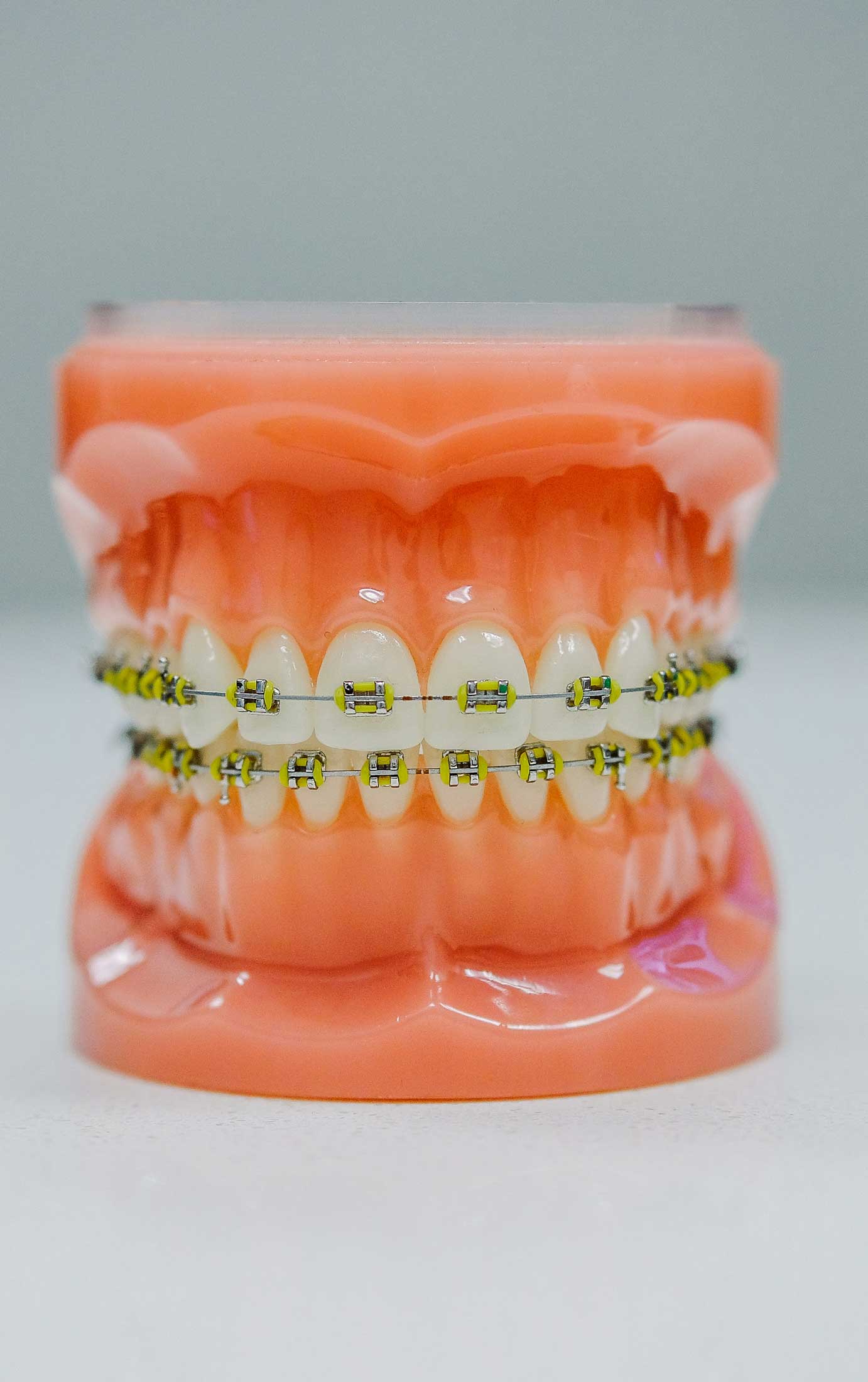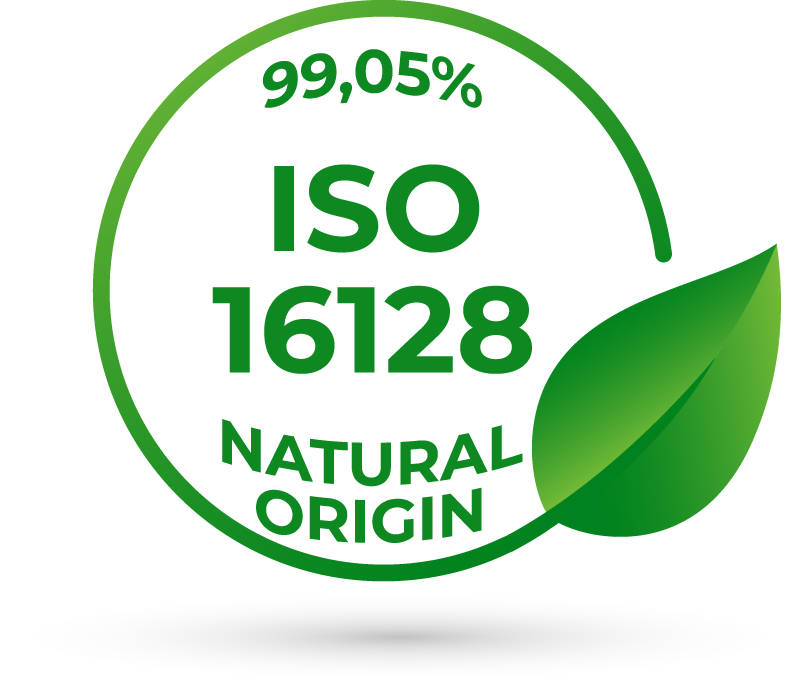Toothpaste with or without fluoride: Which is better for dental health?

Toothpaste with or without fluoride: Which is better for dental health?
The question of whether to use toothpaste with or without fluoride is a growing concern for people looking for the best care for their teeth. Fluoride is a controversial topic in dental care, and many wonder whether it is harmful or beneficial. In this article, we explain the advantages and disadvantages of fluoride-containing and fluoride-free toothpaste and which option might be right for your dental health.
What is fluoride and how does it work in toothpaste?
Fluoride is a naturally occurring mineral that is found in many foods and in drinking water. It plays an important role in preventing tooth decay and is therefore often used in toothpaste. Toothpaste with fluoride strengthens tooth enamel, makes it more resistant to acids and can promote the remineralization of small enamel defects. Most commercially available toothpastes contain between 1000 and 1500 ppm fluoride, which is considered safe and effective. However, the demand for fluoride-free toothpastes is growing, mainly due to concerns about potential health risks.
Benefits of toothpaste with fluoride
- Effective protection against tooth decay: Numerous studies and recommendations from health organizations such as the WHO prove that toothpaste with fluoride significantly reduces the risk of tooth decay. Fluoride supports the remineralization of tooth enamel and prevents tooth damage before it develops into major problems.
- Strengthening tooth enamel: Fluoride protects tooth enamel by making it more resistant to the acids produced by bacterial activity in the mouth. These acids attack tooth enamel and increase the risk of tooth decay, especially if you eat a diet high in sugar.
- Safe when used correctly: Fluoride is safe in the recommended amounts found in toothpaste. When used correctly, there is no significant risk of fluoride poisoning. However, children in particular should not swallow toothpaste in large quantities in order to minimize the risk of fluorosis.
Risks and criticism of fluoride in toothpaste
- Fluorosis: Excessive intake of fluoride, especially in childhood, can lead to fluorosis – a disorder of tooth enamel formation that manifests itself as white spots or streaks on the teeth.
Excessive consumption of fluoride-containing products can also cause brownish discoloration in extreme cases. - Long-term health risks: Some critics express concern about the potential toxicity of fluoride when taken over the long term. However, studies on issues such as impairment of thyroid function or cognitive abilities have so far shown no clear evidence that fluoride in the quantities contained in toothpaste causes such effects.
- Environmental concerns: Fluoride in waste water is increasingly viewed critically by environmentalists. The additional accumulation of fluoride in drinking water in some regions is also being criticized.
Toothpaste without fluoride: an alternative?
More and more people are consciously opting for fluoride-free toothpaste, either because of health concerns or because they want to use natural ingredients.
- Natural ingredients for protection: Toothpaste without fluoride often contains alternative ingredients such as xylitol, calcium compounds or essential oils. These substances can also contribute to oral hygiene by inhibiting bacterial growth and protecting tooth enamel. Xylitol, for example, inhibits the proliferation of bacteria that cause tooth decay.
- Lower risk: Fluoride-free toothpastes offer the advantage that they do not pose a risk of fluorosis or other side effects due to excessive fluoride intake. This is particularly important for people who value natural care products or are skeptical about fluoride.
- Effectiveness in preventing tooth decay: Although natural ingredients such as xylitol in fluoride-free toothpaste can be helpful, fluoride remains the only scientifically proven means of effectively preventing tooth decay. Therefore, fluoride-free toothpastes may be less effective when it comes to protecting against tooth decay.
Conclusion: Toothpaste with or without fluoride?
The decision on whether to use toothpaste with or without fluoride depends on individual preferences and health considerations. Toothpaste with fluoride has been shown to offer the best protection against tooth decay and strengthens tooth enamel. For those who have concerns about fluoride or want to rely on natural ingredients, fluoride-free toothpaste is an alternative – albeit with limitations in terms of preventing tooth decay. Whether with or without fluoride, thorough dental hygiene, regular visits to the dentist and a healthy diet are essential to provide optimum protection for your teeth.
Abstract:
- Toothpaste with fluoride has been proven to protect against tooth decay.
- Fluoride-free toothpastes are a natural alternative, but less effective.
- Depending on your individual needs, you can choose between toothpaste with or without fluoride.









